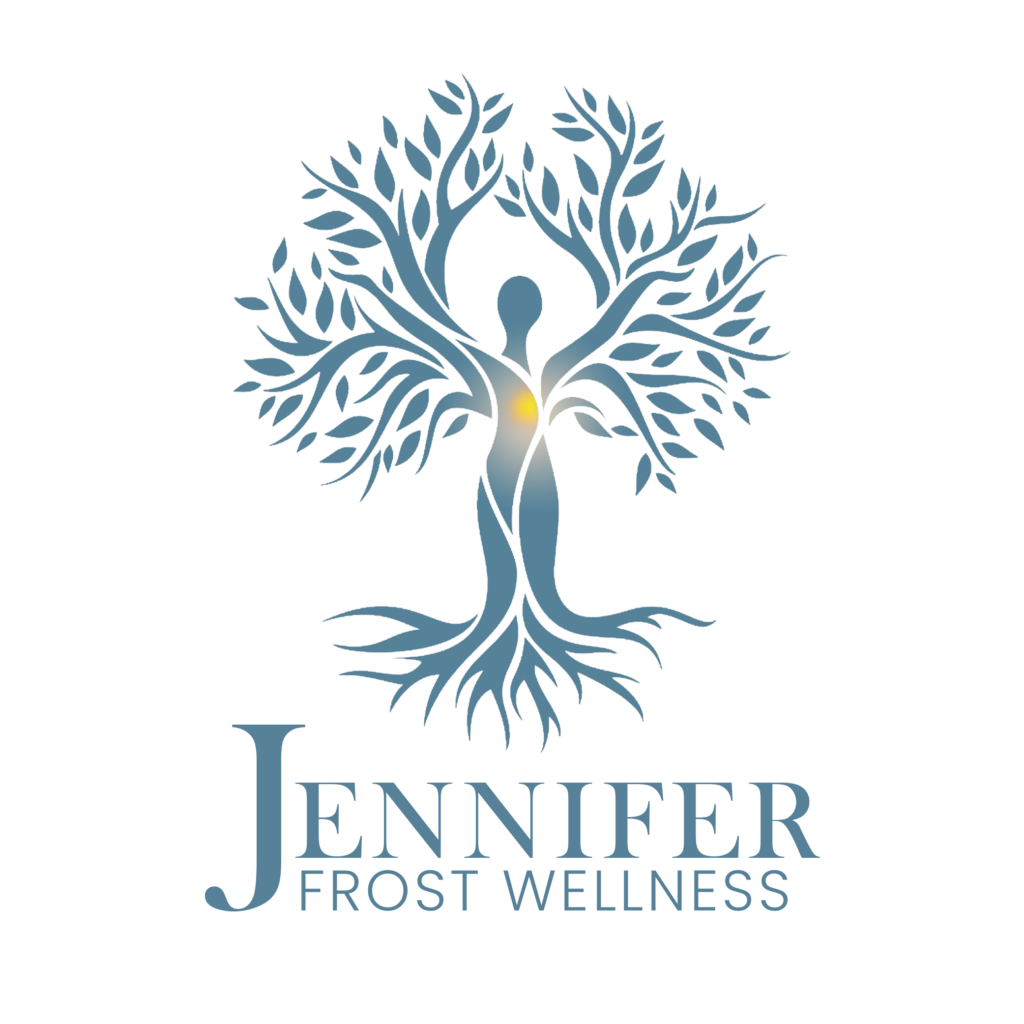HEALTH TIPS
Proteins
Proteins are macromolecules that consist of one or more long chains of amino acids. Our body is made up of thousands of proteins each carrying out their own specific function. Just like you monitor your salt and sugar intake, it is important to consume proteins in moderate amounts every day.

Why do you need proteins?
Eating proteins plays a role in keeping your cells in good shape and should be part of your daily health maintenance plan. Apart from having a lot of nutritional values, proteins are essential building blocks of bones, skins, muscles and cartilages. Your hair and nails are mostly composed of protein.
Proteins are needed for repairing tissues and regulating hormones. In addition to this, about half of the dietary proteins are used to make enzymes to aid digestion and perform other enzymatic activities. It is also suggested that high protein diet greatly impacts weight loss and metabolic health.
On the other hand, low intake of proteins adversely affects your health. You may develop malnutrition and a compromised immune system. Reduced protein supplies leads to fatigue and weakness, your nails get brittle and you even face loss of muscles.
Sources of protein
Various foods contain diverse quantities of vital amino acids. Commonly:
- Animal goods such as chicken, red meat, fish and eggs are rich in proteins.
- Soy products, quinoa, almonds and peanuts also contain sufficient proteins.
- Plant proteins such as beans, lentils, whole grains, pumpkin seeds are also high-protein foods.
- Dairy products such as milk and cottage cheese have satisfactory amounts.
Proteins are known to reduce cravings and mid-night snacking, keeping your blood sugar levels on track as well as aiding weight management.
How Much Protein Do You Need to Consume?
Our recommended daily protein intake varies grounded on our separate needs, but the universal consensus suggests that adults should consume roughly 0.75g of protein for every kilogram of body weight. In children, protein requirements differ by age, and phase of growth and development. It also varies if you’re exercising more and wanting to build more muscle.
